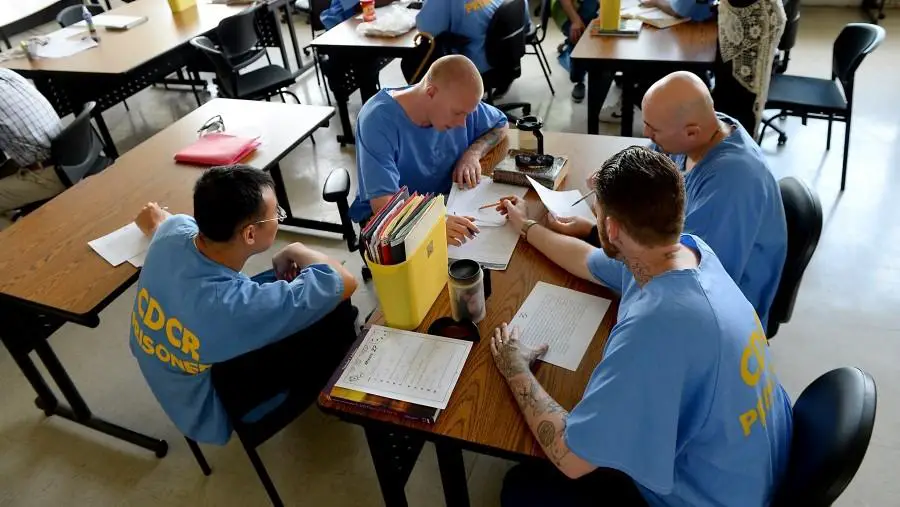The campaign to restore Pell grants eligibility for individuals behind bars has a new supporter from the telecommunications industry.
Last week, Verizon Communications, declared its support for Restoring Education and Learning (REAL) Act introduced by Sen. Brian Schatz (D-HI), Sen. Mike Lee (R-UT) and Sen. Dick Durbin (D-IL). It seeks to end a two-decade-long ban imposed on Pell Grant assistance for incarcerated individuals.
The company mentioned many reasons to support the bill with crime prevention on the top. A Rand Corporation report has found that inmates who participate in educational programs while in prison are 43 percent less likely to recidivate than those who do not.
It further stated that the act would empower them to find jobs in the competitive market place where a post-secondary degree or certificate is necessary and will drive economic growth in the long term.
“Education is more than a worthwhile investment. It’s vital to our country’s continued growth and prosperity,” Verizon said.
“We should cultivate our intellectual capital wherever we find it and pass The REAL Act.”
A recent survey conducted by the Vera Institute of Justice and the Georgetown Center on Poverty and Inequality found that restoring access to Pell Grants for individuals in state prisons could have seriously positive impacts within the realm of criminal justice reform.
Out of the 64 percent, the report found only 9 percent of incarcerated individuals who are academically eligible to enroll in a postsecondary education program receiving a certificate or an associate degree while in prison.
In August, the National District Attorneys Association (NDAA) issued a statement calling for the restoration of federal Pell grant eligibility for prisoners as the next step in criminal justice reform.
Reinstating Prisoners’ Access to Pell Grants Could Save States $365 Million per Year [Report]

